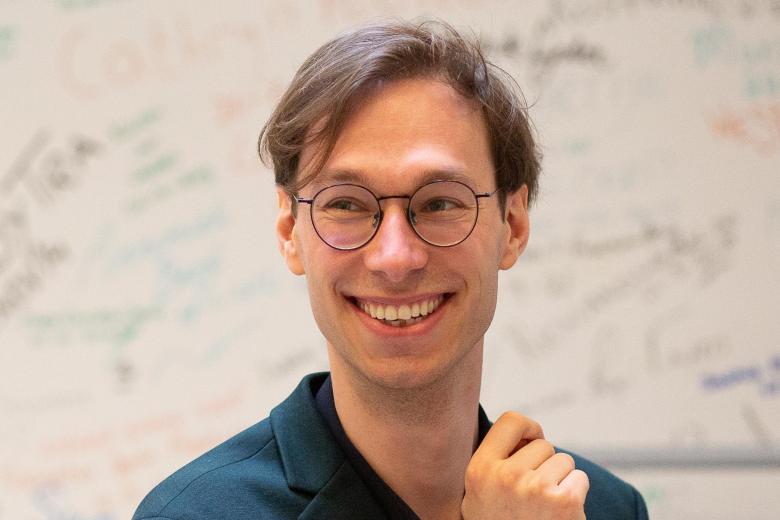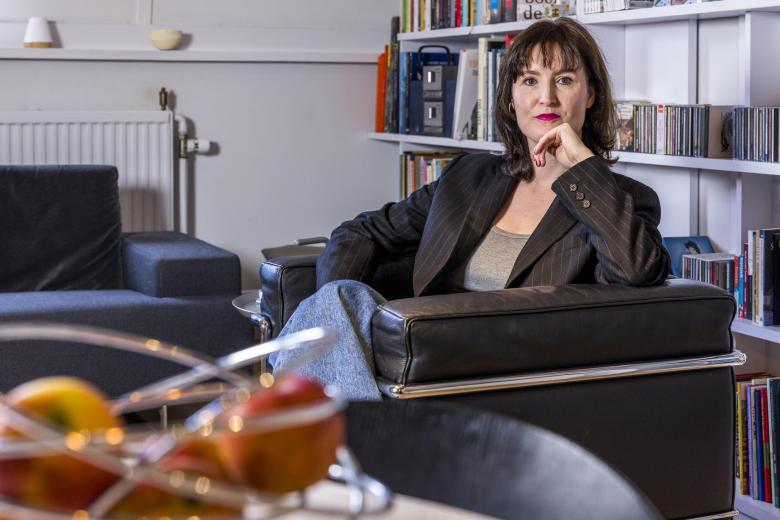Katleen Gabriels awarded NWO Aspasia grant
Katleen Gabriels, associate professor of philosophy, has been awarded an NWO Aspasia grant of €120,000 for her project 'Moral Monitoring', which studies how smart monitoring technologies shape parent-child relations.
About the project
Apps and smart devices are changing how we raise our children, or take care of our parents. Norms and values are not static: morality shapes technology, and technology shapes morality in a process of ‘technomoral change’. This project investigates technomoral change by studying smart monitoring in parenting of younger children and in caretaking of older parents.
The key questions are: How can smart monitoring contribute to flourishing lives? To what extent does smart monitoring destabilise moral relations between parents and children? To what extent can traditional conceptions of care, autonomy, and responsibility guide us in these shifting practices?
The main objectives are: first, to study how users practice, reflect on, and perhaps struggle with care, autonomy, and responsibility in their daily routines and use of smart monitoring. Data will be collected in the Netherlands and Flanders. Second, to explicate shifting practices and norms by bringing together different perspectives, in order to develop a normative framework to guide processes of technomoral change.
About the grant
The higher up the career ladder one goes, the fewer women there are. This certainly applies to university education and research in the Netherlands. The Aspasia grant, which is part of Vidi, was introduced almost 25 years ago as a temporary instrument to accelerate the advancement of women scientists to the level of associate professor or full professor.
Vidi applications from female assistant professors that did not get awarded but received very good evaluations from the NWO panel, were eligible for the Aspasia grant of 120,000 euros, on formal condition of promotion to associate professor.
Photography: Joey Roberts
Also read
-
Book launch and professorship Anna Harris: The Matter of Hospitals
Hospitals are often seen through the lens of urgency, care, and crisis – but what about the materials that make them work?

-
FASoS awarded NWO PhDs in the Humanities grant for project on early bird photography and conservation
We are pleased to announce that Pauw Vos has been awarded an NWO PhDs in the Humanities grant for the project “Narratives of the Nest: Early Dutch Bird Photography and the Visual Construction of Conservation (1890–1940)”.

-
Aagje Swinnen awarded NWO Open Competition M
Aagje Swinnen (FASoS) and Sarah de Mul (Open University), have been awarded an NWO Open Competition M grant for the project “Re-Imagining Burnout and the Cultural Narrative of Productive Adulthood through Literature”.
